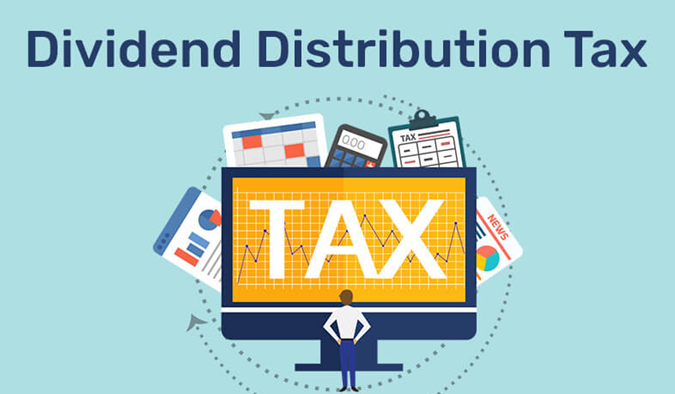Description

Copyright infringement not intended
Picture Courtesy: blog.ipleaders.in
Context: The Chennai bench of the Income Tax Appellate Tribunal (ITAT) has ruled against Cognizant Technology Solutions India, asserting that the company is obligated to pay Dividend Distribution Tax (DDT) on a buyback of shares valued at Rs 19,000 crore under a scheme of arrangement.
Details
- The dispute centres on the assessment year (AY) 2017-18, during which Cognizant acquired 94 lakh equity shares, each with a face value of Rs 10, from its shareholders in the United States and Mauritius. These shares were purchased at a price of Rs 20,297 per share, resulting in a total consideration of Rs 19,080.26 crore. This transaction was executed in accordance with a scheme that had received approval from the Madras High Court.
Key Points about Dividend Distribution Tax (DDT) in India
- DDT, or Dividend Distribution Tax, was a tax levied by the Indian government on Indian corporations based on the amount of dividends they paid to their shareholders. It was designed to tax the company distributing dividends rather than the shareholders receiving them.
- Introduction: DDT was first introduced in 1997 and was governed by Section 115O of the Income Tax Act. Under this provision, Indian companies were obligated to pay DDT when they declared, paid, or distributed dividends to their shareholders.
- Tax Rate: Initially, the tax rate for DDT was set at 15% of the gross amount of the dividend. Companies were required to pay this tax within 14 days of declaring, paying, or distributing the dividend. However, the effective rate often exceeded 20.5 percent when surcharges and cess were added.
- Expansion to Mutual Funds: In the Union Budget of 2018, Finance Minister Arun Jaitley proposed an extension of DDT to equity mutual funds. This meant that mutual fund companies were also liable to pay DDT on the dividends they distributed to their unit holders, thus impacting the returns received by mutual fund investors.
- Elimination of DDT: A significant change occurred in Budget 2020 when the Finance Minister announced the elimination of the Dividend Distribution Tax. This marked a shift in India's tax structure related to dividends.
- Shift of Taxation Burden: With the removal of DDT, the responsibility for paying dividend taxes shifted from corporations to individual investors. Individual shareholders are now required to include their dividend income in their total taxable income and pay taxes on it at their applicable income tax slab rates.
https://www.moneycontrol.com/news/business/cognizant-liable-to-pay-dividend-distribution-tax-on-buyback-of-shares-worth-rs-19000-crore-itat-11371961.html
https://t.me/+hJqMV1O0se03Njk9













